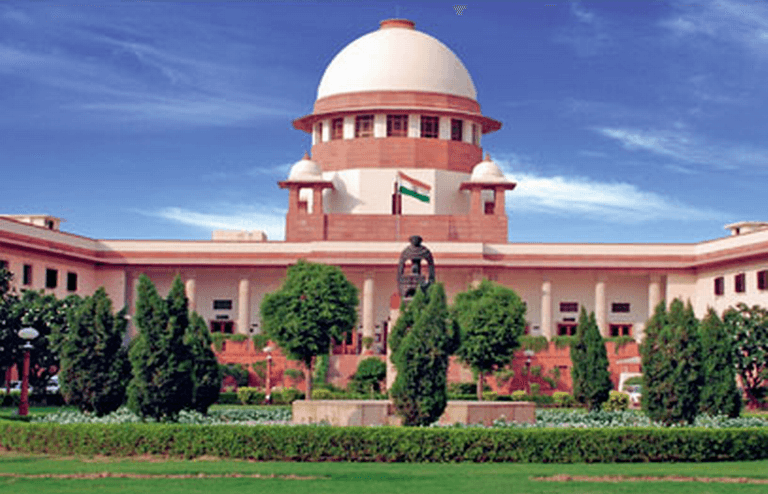Supreme Court allows 13-year-old rape survivor to abort her 31-week-old foetus
The verdict took into account a medical board’s recommendation that abortion was possible at the last trimester of pregnancy.
“How can a 13-year-old become a mother?” The question from Chief Justice Dipak Misra laid bare the vulnerability of a 13-year-old rape survivor, who was allowed by the Supreme Court to abort her 31-week-old foetus.

A medical board opinion said medical termination of her pregnancy was possible at this stage, but would have serious consequences on the Class VII student from Mumbai.
Medical experts, whose opinion was sought by the Supreme Court, said if the pregnancy was allowed to continue, the baby would be pre-term and require intensive neo-natal care. Either way, the doctors told the Supreme Court, both the ‘mother’ and the baby would be at grave risk.
A Bench of three judges led by Chief Justice Misra, accompanied by Justices Amitava Roy and A.M. Khanwilkar, decided to favour the girl’s plea for an abortion.
“ Considering the age of the petitioner (rape survivor), the trauma she has suffered because of sexual abuse, the agony she is going through and the opinion of the medical board favouring termination of pregnancy, the termination of pregnancy should be allowed,” the Supreme Court ordered.
The court said the medical procedure should be preferably conducted on September 8 at JJ Hospital in Mumbai.
In the hearing, the rape survivor’s counsel, advocate Sneha Mukherjee, submitted that the pregnancy itself was detected when it was 27-weeks-old. “The child now knows she is pregnant. The knowledge has affected her critically,” Ms. Mukherjee submitted.
Solicitor General Ranjit Kumar pointed out that usually delivery happens in the 36th or 37th week. “Already 31 weeks has passed,” Mr. Kumar submitted.
Ms. Mukherjee said an FIR has been registered for rape and under provisions of the Protection of Children from Sexual Offences Act of 2012.
The Medical Termination of Pregnancy Act does not allow abortion if the pregnancy has crossed 20 weeks.
The court had recently denied permission to a 10-year-old rape survivor from Chandigarh to abort her foetus. Shortly after the court’s denial, the girl gave birth. The apex court awarded ₹10 lakh compensation for the girl.
Recently, the Centre had written to States and Union Territories about the apex court’s suggestion to appoint permanent medical boards to provide women, especially rape survivors, urgent access to medical care and to consider their requests for abortion.
Senior advocate Indira Jaising who is intervening in the Supreme Court in the issue, had argued that the delay in offering urgent medical help to such abused women and children have led to untold suffering for them. For a 10-year-old, pregnancy is indeed a ‘life-threatening’ situation warranting immediate medical intervention under the Medical Termination of Pregnancy Act of 1971, Ms. Jaising had argued.
Under the 1971 law, an exception to the 20-week cap is made if a registered medical practitioner certifies to a court that the continued pregnancy is life-threatening for either the mother or the baby. This was meant to be a safeguard against female foeticide.
An Amendment Bill of the 1971 law, which extends the bar from 20 to 24 weeks, has been in the cold storage for the past three years. This draft Bill allows women, whose pregnancies are within 24 weeks, the right to reproductive choice in consultation with their medical practitioners. The draft Bill further allows abortion beyond 24 weeks in case the foetus suffers from substantial abnormalities.
The recent privacy judgment of a nine-judge Bench of the Supreme Court has observed that the right to reproductive choice of a woman is part of her fundamental right to privacy.
Presently, women are forced to undertake the cumbersome process of approaching different courts, from district courts to high courts and finally the Supreme Court, for permission to medically terminate their pregnancies which are over 20 weeks old. The frequent number of such cases which come to the Supreme Court ranges from child rape victims to destitute women to women with substantial foetus abnormalities.
This post recieved an upvote from me, check out my blog .
https://steemit.com/celebrate/@yassinela/happy-eid-al-adha-for-all-muslims